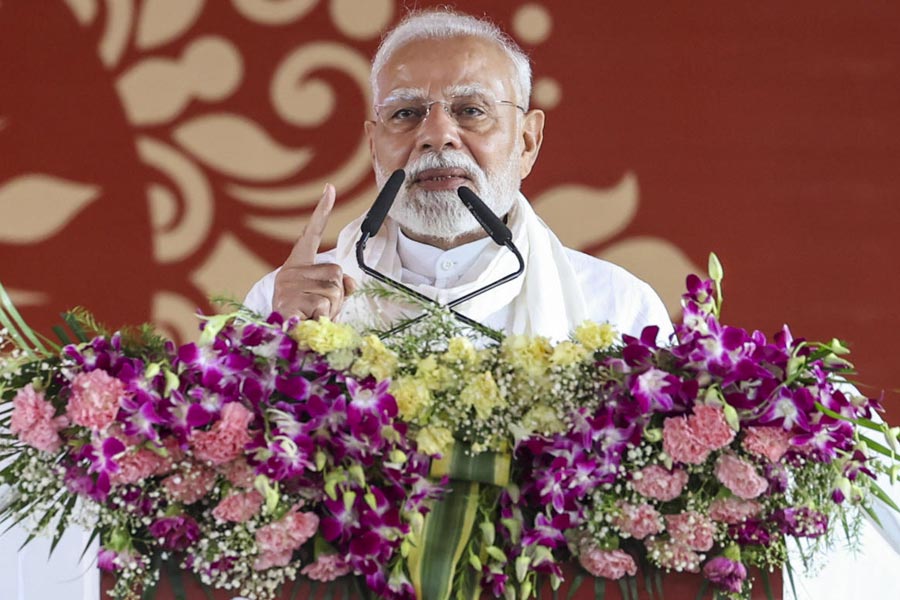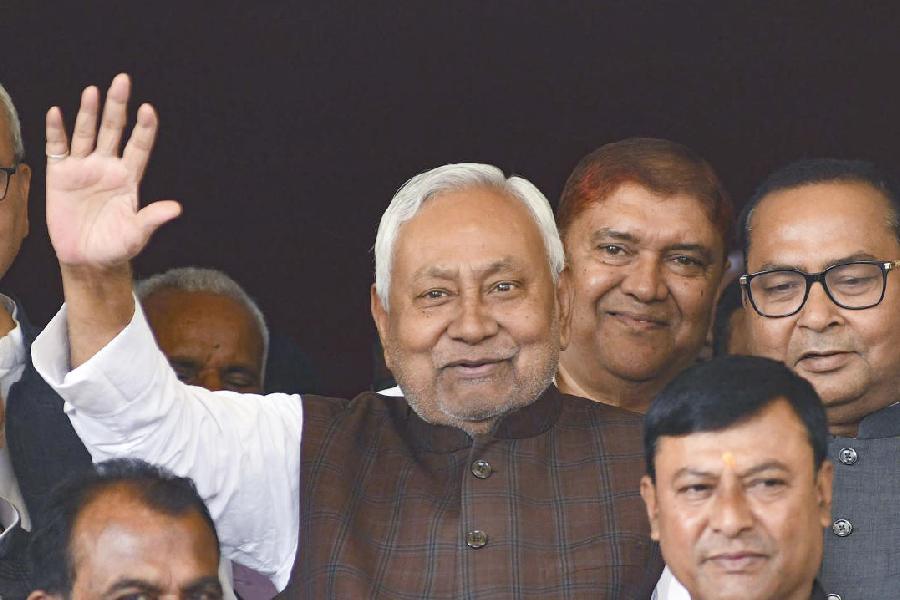Donald Trump has imposed a stiff 25% tariff on Indian exports to the United States of America. He has also belittled the nation by describing India as a ‘dead economy’. Not only that, the US has consciously strengthened ties with Pakistan. This has come despite the apparent bonhomie between Mr Trump and Narendra Modi. Quite obviously, something did not work out in the trade deal to reflect that closeness. Mr Modi’s first reaction has been to announce that India will not yield to American pressure that will hurt farmers and small industries at home. That is laudable as it comes from a position of strength. He has also added that the time has come for the Indian economy to turn swadeshi and asked Indian consumers to buy only goods made in India. This statement has, however, been made from a position
of weakness. First of all, India’s tariff related issues concern the US only. There is no reason not to continue India’s foreign trade with other nations. Exports to the US constitute a little less than 20% of the total exports. There is no need to abandon the remaining 80%. Indeed, this is a wonderful opportunity for India to take leadership in creating a rules-based trade regime that excludes the US but includes other countries of the world.
The second reason why the idea of a swadeshi economy is challenging has to do with the failure of the ‘Make in India’ strategy adopted by the Government of India under Mr Modi’s reign. This initiative has not lived up to its expectations for a variety of reasons, both domestic and international. The domestic climate for long-term investments has not been conducive for industry. On the other hand, international supply chains built during the past two decades have been a counterpoint to the adverse domestic climate. This has facilitated the growth of India’s exports and fine-tuned imports to cater to its domestic requirements. There is thus no reason why the ‘Make in India’ strategy will suddenly find a fresh lease of energy. Finally, an issue related to lessons from the global economy of the past 20 years is that international trade and openness add to the potential for economic growth. The only negative experience was the recognition that there are winners and losers in international trade and the losers must be identified and compensated. This is well-known to economists. But politicians, perhaps in their hubris, ignored the lesson. India will have to incur some economic costs due to the tariffs imposed by the US. Some adjustments will thus be inevitable. The trick is to find the least-cost glide-paths for these adjustments. Swadeshi, unfortunately, is not one of them.










